In case you are wondering why the final bow comes a after a gap – its because it is time to reflect deeply.
COP-15 has ended in the sense that the delegates have departed; after issuing a three-page “Copenhagen Accord”.
But there are many questions left unanswered – for example, what are the limits to which emissions can rise without triggering a chain of devastating impacts? What will happen to efforts to get clean technology into developing countries? Will the money promised for adaptation ever materialise? You can follow these unfolding issues on our website, specifically on the pages above.
The dust is beginning to settle, after moments of drama on the last day – when the Venezuelan president Hugo Chavez went full throttle against “Yankee imperialism” and described US president Barack Obama as “an emperor who comes in the middle of the night … cooks up a document” which he will not accept; when the head of Cuba’s delegation offered to slash her hand to express her opposition to the accord; when the head of Tuvalu’s delegation denounced the US$ 30 billion as quick start fund as “30 pieces of silver to betray our children. Our future is not for sale”.
The analysis and recriminations have begun: what are the gains and losses (see Climate accord offers some grounds for hope, say analysts); who are the villains and victims? What is the gameplan of the US and the BASICs? And EU’s views on this grouping of US and BASICs? Cracks within G-77 plus China?
As I mentioned in the opening blog, it is not easy to make sense of the hall full of so many delegates, all with spoken and unspoken agendas. And COP-15 has only carried forward the uncertainties to COP-16.
A special thanks to the blogging team members Laura, Mohammed and Ochieng. And the Danish Fellowship Centre, NORDECO and Danicom team for facilitating coverage by me and Ochieng Ogodo.



 Posted by scidevnet
Posted by scidevnet 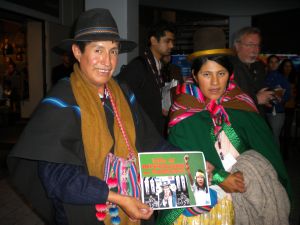
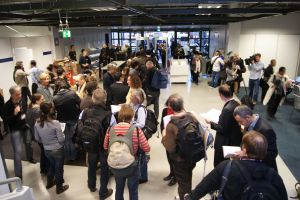
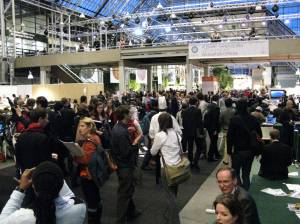
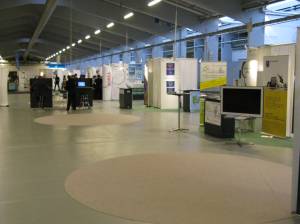
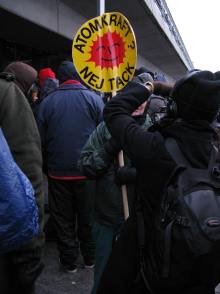




You must be logged in to post a comment.